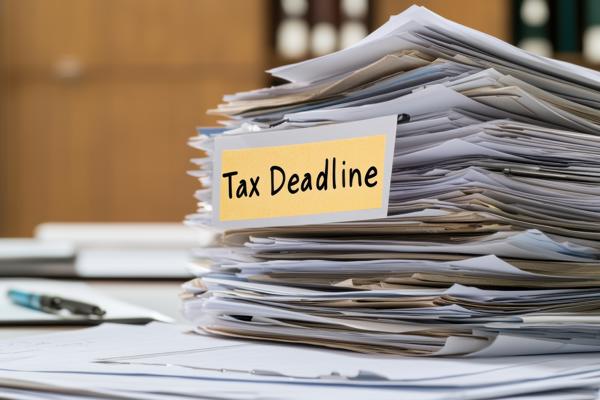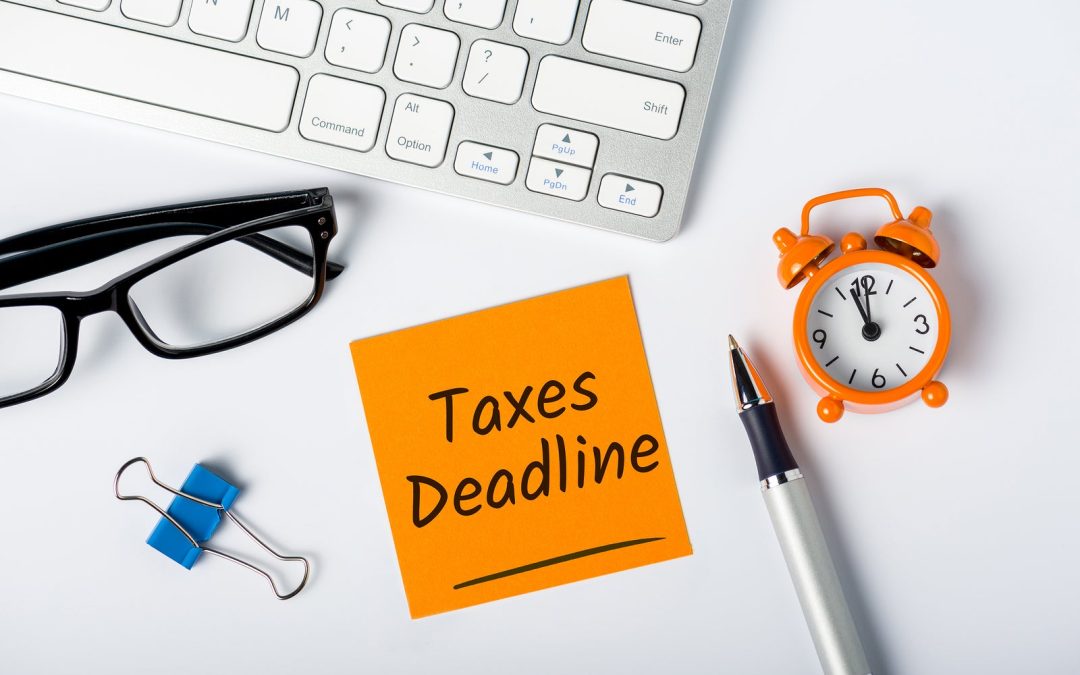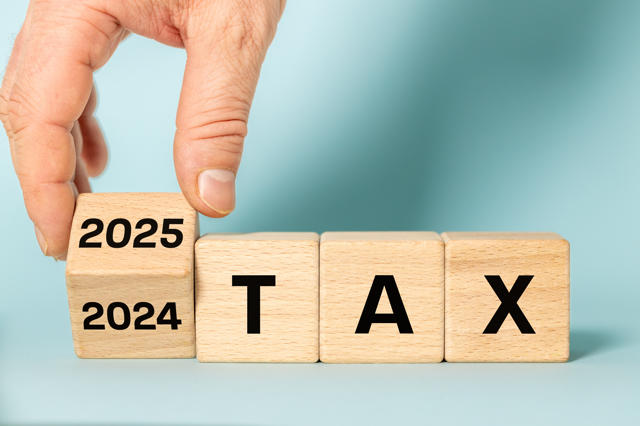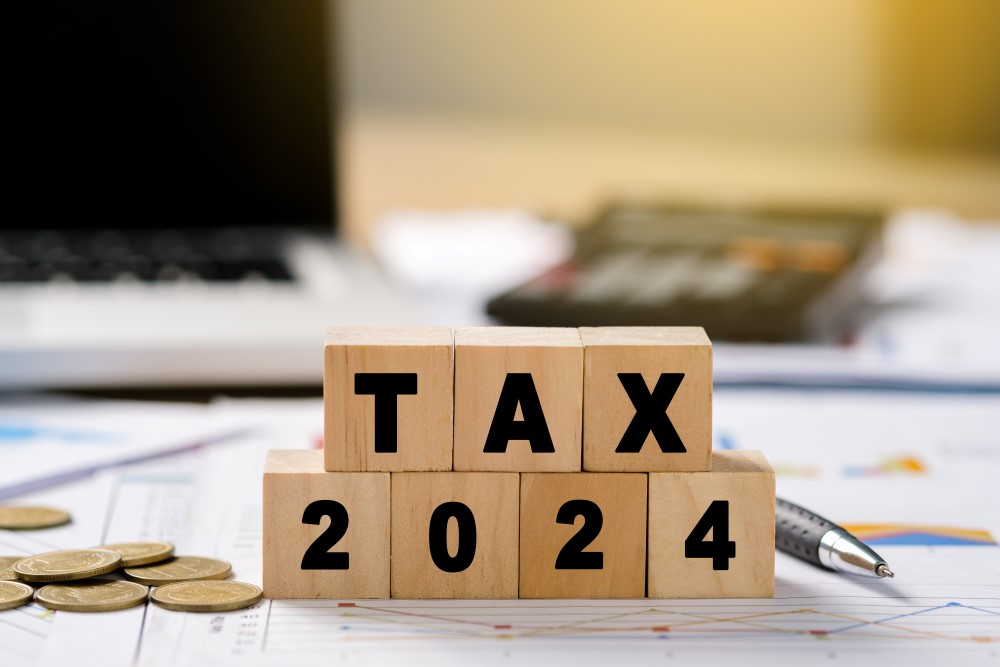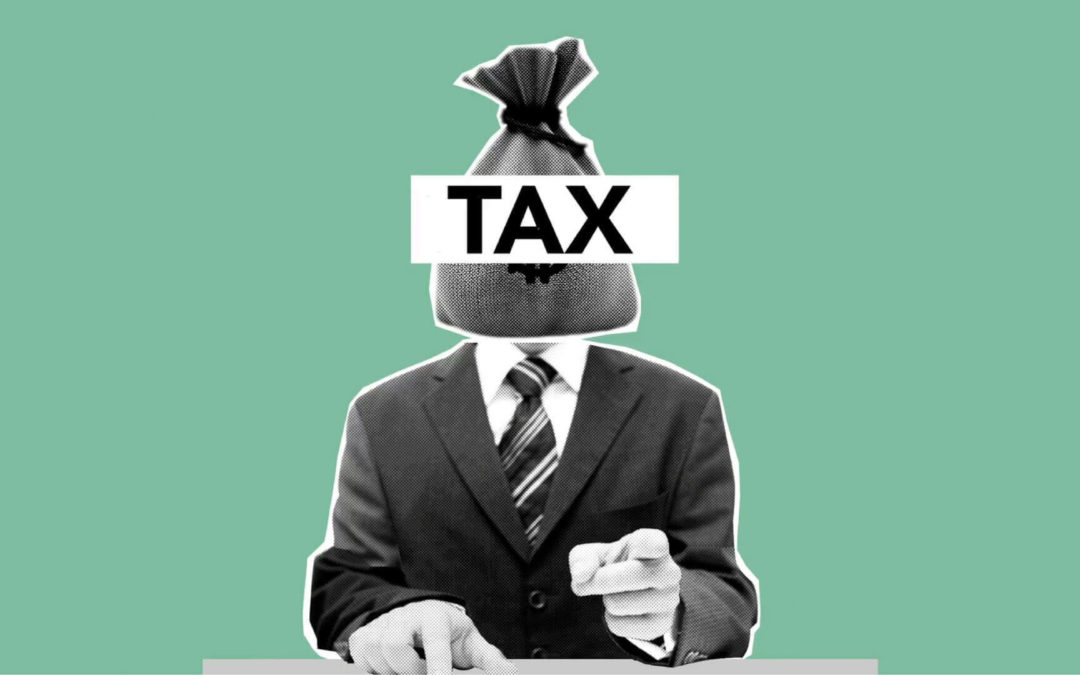This November newsletter offers timely Tax Tips for Holiday Spending, outlining the deductibility rules for Christmas parties, client functions, and staff or customer gifts to help businesses avoid unexpected tax costs. It also provides a comprehensive list of common December 2025 and January 2026 Tax Deadlines, covering GST, provisional tax, FBT, and employer deductions. For the festive season, the edition includes a recipe for a Pomegranate Prosecco Sparkler and some light-hearted accounting-themed Christmas jokes, alongside details for the firm's support of the Auckland City Mission Auckland Angels appeal.
Tax Update Category
Employee Share Scheme Updates – October 2025 Newsletter
This October edition highlights recent Government changes to Employee Share Scheme rules, including the increase in the tax-free benefit threshold to £3,000 and a proposed tax deferral regime for employees of unlisted companies until a liquidity event occurs. Additionally, we provide a summary of key October and November 2025 tax deadlines for businesses, covering employer deductions, FBT returns, GST payments, and provisional tax obligations, helping you to plan and avoid penalties.
Investment Boost Scheme – Fishhooks
This edition details the new Investment Boost Scheme and its tax deduction benefits, along with key August and September 2025 tax deadlines. It also provides an update on the IRD's tax residency guidance and other financial changes for July 2025, including KiwiSaver and FamilyBoost. Finally, discover the latest Xero product enhancements, upcoming price increases, and a client profile on Swolefoods.
June & July 2025 Tax Deadlines
Remembering the filing and payment deadlines for your business can be challenging. And forgetting about upcoming tax payments can seriously disrupt your cash flow planning. We have summarised tax deadlines coming up in June and July for you to prevent you from missing any deadlines and facing a penalty. Make sure to plan for your tax obligations in your monthly cash flow forecasting. Reach out to your Walker Wayland Accountant if you need to review your forecast and look at options.
April & May 2025 Tax Deadlines
Remembering the filing and payment deadlines for your business can be challenging. And forgetting about upcoming tax payments can seriously disrupt your cash flow planning. We have summarised tax deadlines coming up in April and May for you to prevent you from missing any deadlines and facing a penalty.
2025 Year End Tax Alert
The 31st of March is the equivalent of New Year’s Eve for accountants. For most clients, 1st April signals the start of the New Year for business and tax purposes. When you are ready to assemble your information, we ask that you complete the questionnaire and declaration, which will be available on our website from 1 April 2025. This is an electronic questionnaire, which enables you to upload documents, save progress and complete over time. A questionnaire needs to be completed for each entity & person in your group.
January 2025 Newsletter
This newsletter offers a comprehensive overview of important tax deadlines for your business from February to April 2025, covering FBT, income tax, and GST. We also recap our successful end-of-year function and invite you to participate in a survey about your own year-end events. Additionally, we highlight the latest Xero updates, including the addition of fixed asset attachments and the introduction of Xero Analytics Plus for cash flow forecasting. Finally, we share valuable insights from Jena Addenbrooke and Forsyth Barr regarding the 2025 economic outlook and shine a spotlight on two of our valued clients.
2024 Year End Tax Alert
The 31st of March is the equivalent of New Year’s Eve for accountants. For most clients, 1st April signals the start of the New Year for business and tax purposes. When you are ready to assemble your information, we ask that you complete the questionnaire and declaration, which will be available on our website from 1 April 2024. This is an electronic questionnaire, which enables you to upload documents, save progress and complete over time. A questionnaire needs to be completed for each entity & person in your group.
Relief for farmers and growers for flooding in Tasman, Nelson, Marlborough and Far North.
With damage from the adverse weather events in Nelson, Marlborough, Far North and the Tasman having devastating effects, Cabinet have declared ranges of support for affected businesses, individuals and families affected by the floods. Find out if you qualify for any of the support granted due to the recent weather events below. To assist affected farmers and growers, we are exercising discretion to allow late deposits for the 2022 year and early withdrawals from the income equalisation scheme. What’s an income equalisation scheme? The income equalisation and environmental restoration schemes are a way for certain types of businesses to even…
Upcoming tax deadlines in August
Remembering the filing and payment deadlines for your business can be challenging. And forgetting about tax payments coming up can seriously disrupt your cash flow planning. We have summarised tax deadlines coming up in August for you to prevent you from missing any deadlines and facing a penalty. Tax Dates for August 2022 Note: the provisional tax due dates apply to those clients who have a March balance date. Different dates will apply for those clients who have different balance dates. Make sure to plan for your tax obligations in your monthly cash flow forecasting. Reach out to your Walker…
Contractors and tax – your choice
Certain types of payments received by contractors are known as ‘schedular payments’. The schedular payments regime determines the rate of tax taken out of contractors’ pay. The tax on schedular payments is known as withholding tax. If you’re a contractor, you may be able to choose your own tax rate. Contractors in some industries can choose their own withholding tax rate (within limits). If the paperwork is all in order, the payer will withhold tax at the rate the contractor chooses. Complete a Tax Rate Notification for contractors (IR330C) form to choose your tax rate. The minimum rate you can choose is…
What gains are you paying tax on?
Should New Zealand have a capital gains tax – or does it effectively have one already? Walker Wayland can look at what gains you’ll pay tax on, and what gains are tax-free. New Zealand doesn\'t have a single, comprehensive capital gains tax, and although the Tax Working Group recommended one, the Prime Minister ruled it out in 2019. However, we do tax some types of capital gains, particularly those from the sale of investment properties. The bright line test is a tax on capital gains that applies only to property. Which capital gains are taxed? Capital gain is the profit…
Overseas income and tax checklist
If you have income from overseas sources, it can be hard to work out your tax position. Here are five points to consider #1 Declare rental income from overseas properties. You can claim deductions for rental-related expenses, and you may also be able to claim a credit for tax paid in the other country on that income. It can be complex if you hold loans and mortgages overseas. Call us if this applies to you. #2 Do you receive income from an overseas trust? The New Zealand tax treatment depends on where the settlor of the trust lives. As a…
Which New Tax Changes Will Affect You And Your Business?
There are more than 100 tax changes that took effect this financial year, and some of them may be relevant to you. Here’s a brief summary of what’s happening: Matariki is now a public holiday for tax purposes. GST is being tweaked for: groups; importers and exporters; cryptoassets; and record keeping. Late tax penalties are able to be waived; use of money interest relief can now be extended for anyone who can’t pay tax on time due to adverse effects from Covid-19 restrictions. Provisional tax can be paid later for safe harbour customers. Some rates are changing, including the minimum…
The Tax Changes For Residential Rental Properties Outlined.
From 1 October this year the Government has limited the ability to deduct interest on residential rental properties to make them a less attractive investment option and thus level the playing field for first home buyers. As of 1 October 2021, residential rental property tax deductibility was reduced to 75%, meaning you are only eligible to claim 75% of your interest payments as a business expense. This 75% tax deductibility rate will remain in place until 31 March 2023. For the following financial year ended 31 March 2024, you will only be eligible to claim 50% of your interest payments…
Travel Allowances and Tax
Travel Allowances A tax-free travel allowance must be for travel costs on top of the usual cost of travel between home and work and it must be work-related.For instance, the employee may incur travel costs on top of their normal travel between home and work, if the employee: is working outside the normal hours of work, as in overtime, shift, or weekend work For example: A commercial cleaner travels by bus to start work at 8pm and finishes at midnight, when there is no bus available to travel home. The employee travels home by taxi. needs to carry work-related tools…
Bright-Line Test & Interest Deduction Changes in Residential Rentals
Tax Changes Without any real warning the Government has targeted residential property investors with significant tax changes in an attempt to cool the housing market growth. In bullet point we set out the changes to the bright-line test and interest deductions on residential rental property. We will follow up when more detail is available. Brightline Test Interest deductions Please contact us should you wish to discuss any of the above in more detail.
Government Releases Details On Housing Tax Changes
On 10 June, the Government released a 143-page discussion document providing further insight on how it will be limiting the deductibility of interest on residential investment property. The Government confirmed that interest deductions will generally no longer be available on residential investment properties, with properties purchased before 27 March 2021 being subject to a four-year phasing out period between 1 October 2021 and 31 March 2025. In general, the proposals will apply to interest on debt used to purchase or operate residential property, which is primarily residential property rented to tenants. There are a number of proposed exclusions; land outside New Zealand…



